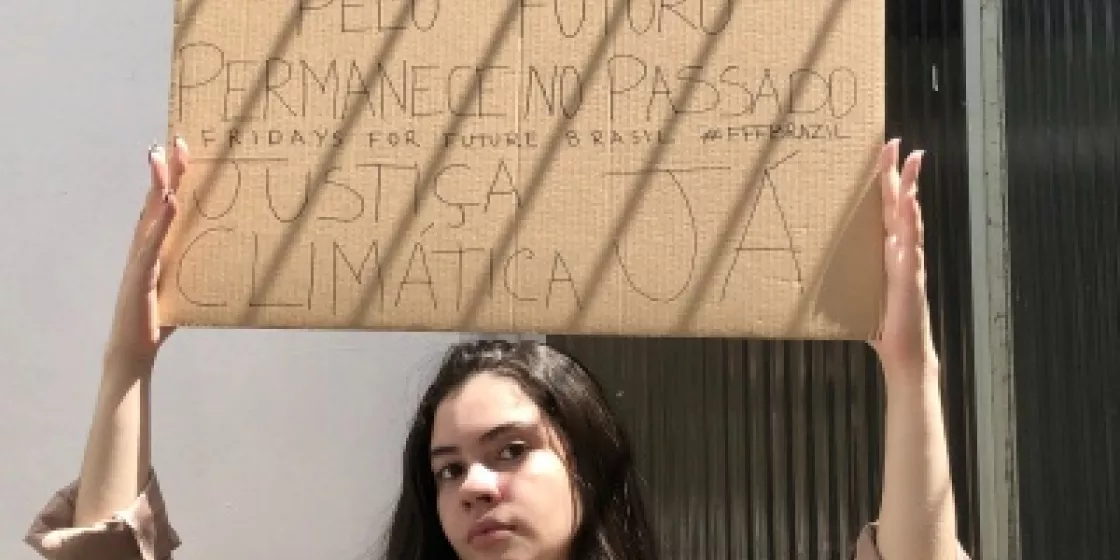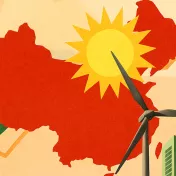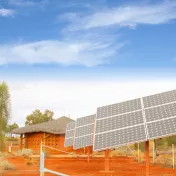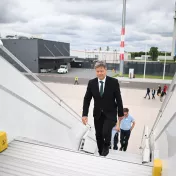Why are you involved with FFF for the protection of forests?
I grew up in the interior of the state of Pará in the Amazon region, where there is intensive logging. Even when I was younger, there was a lot of illegal logging and lorries loaded with wood were constantly passing by. I thought that was bad and wanted to get involved in the environment and climate movement. Here in Brazil, you can't speak about environmental and climate protection without talking about the rights of indigenous communities. That's why it's so important that many young indigenous people are active in FFF Amazônia.
Why are the rights of indigenous communities so important to stop deforestation?
Before colonisation, Brazil was populated only by indigenous people. So, their original territory was actually very large. Now industrial agriculture is taking away their land. In order to increase pasture and cultivation areas, agribusiness, with political backing from the government of President Jair Bolsonaro, is encroaching further and further into indigenous territory. In the last two years, many laws have been passed that legalise these actions by agribusiness. Currently, the PL490 bill threatens indigenous land rights.
What would be the consequences of this law?
The bill has been discussed since 2007, but now, under pressure from agribusiness and the government, the law could finally be passed. It would ensure that indigenous peoples would only have a right to land they can prove they occupied before the constitution came into force in 1988. Land for which such proof cannot be provided would then be at the disposal of the agricultural and mining industries. This creates many conflicts. Indigenous peoples and environmentalists vehemently protest this law. But the fight for the environment and human rights in Brazil is very dangerous. Activists receive many insulting comments and even death threats on social media from not only individuals, but also organised groups.
What does FFF's work on the ground look like?
To protect the Amazon from deforestation and fires, FFF Brazil launched the SOS Amazônia campaign last year. International activists networked to raise awareness of the situation in Brazil and to collect money for measures to combat COVID-19 in indigenous communities in the Amazon. We are also calling for donations to protect the Pantanal - the largest natural wetland on earth. There, for example, the containment of fires is an important goal. We also network in groups and organise spontaneous actions.
How has the Corona pandemic changed your work?
It is difficult to protest. Here in Belém, we have nevertheless demonstrated in front of important buildings, such as the city council, while respecting hygiene regulations. We also hold vigils online. Many of our actions currently take place on Twitter. We want to generate attention that way. On our social media accounts, for example, we try to draw attention to the problems using the hashtag #nomoredeforestation. It is important that people all over the world know what is happening here in Brazil. Brazil is a country with high biodiversity, but lately we haven't taken good care of it. Many people are trying to cover it up. But our situation is serious: indigenous people are being killed, forests are being cut down and there are more and more fires. It is important to know our reality, change behaviour in Europe and to advocate for sustainable supply chains.
The interview was conducted by Friederike Teller on 21 July 2021.
The article was originally published in German in the WEITBLICK issue 2/2021




